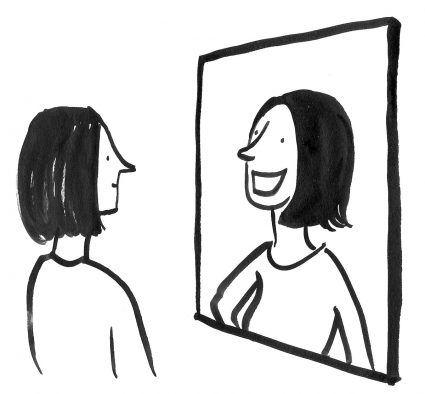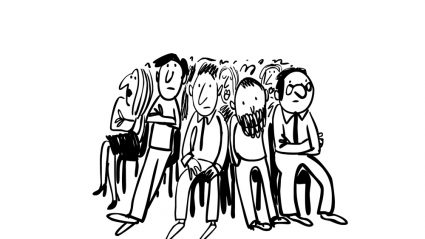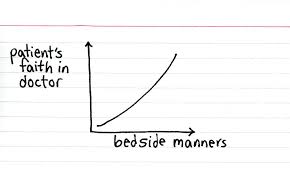 in a recent coaching session, with a supposedly inexperienced and possibly nervous , speaker I was reminded that the first thing a coach should do is engage in some normal everyday conversation.
in a recent coaching session, with a supposedly inexperienced and possibly nervous , speaker I was reminded that the first thing a coach should do is engage in some normal everyday conversation.
Chat away about something that interests both of you, listening and observing, In almost every case, an entirely natural, animated conversation style will be revealed. Easy body language, gesturing for effect and pausing for thought. You being yourself!
For a lucky few, this naturalness is maintained, seemingly effortlessly, in any performance. Few more so than Jamie Oliver. This is how A.A.Gill, writing of his first meeting, described him:
“I can’t remember anything about it except he was one of the few people I ever met who had absolutely no fear of the camera. He was exactly the same on as he was off. There was zero performance anxiety. It wasn’t arrogance or vaunting confidence, he was just unusually comfortable behind his own character.”
For the less lucky, most of us, the challenge is to maintain this naturalness under the pressure of performing perhaps for the first time.
Often the best first step is to concentrate, not on the performance itself, but on the way you structure and arrange your script or content. Make it easy to deliver (and for the audience to follow), utilising the ‘rule of three’ with no more than three supporting arguments to your main theme. An earlier post discusses this: Handling the BIG speech nerves.
My book “It’s Not What You Say, Its The Way You Say It!” explores many practical aspects of performing naturally when it really matters, being yourself, but better.
available in bookshops and from Amazon





